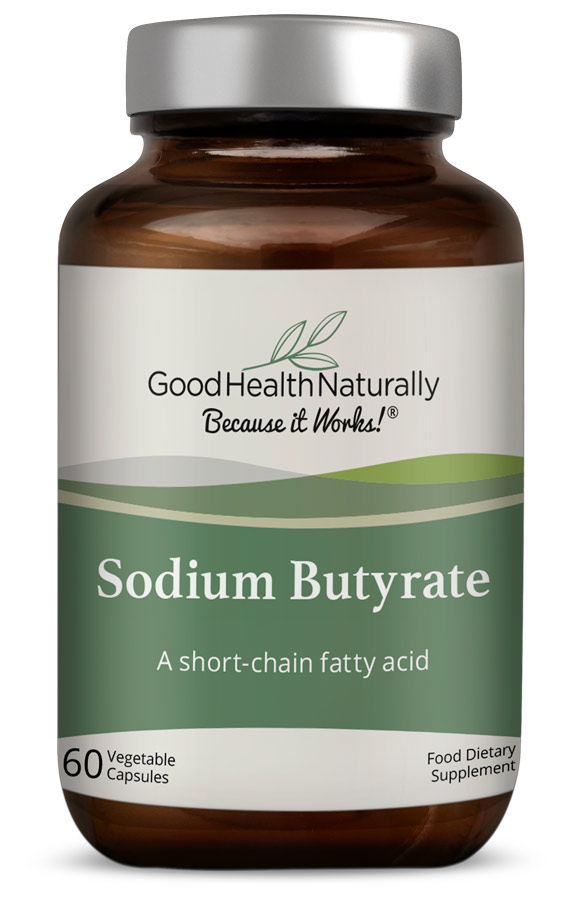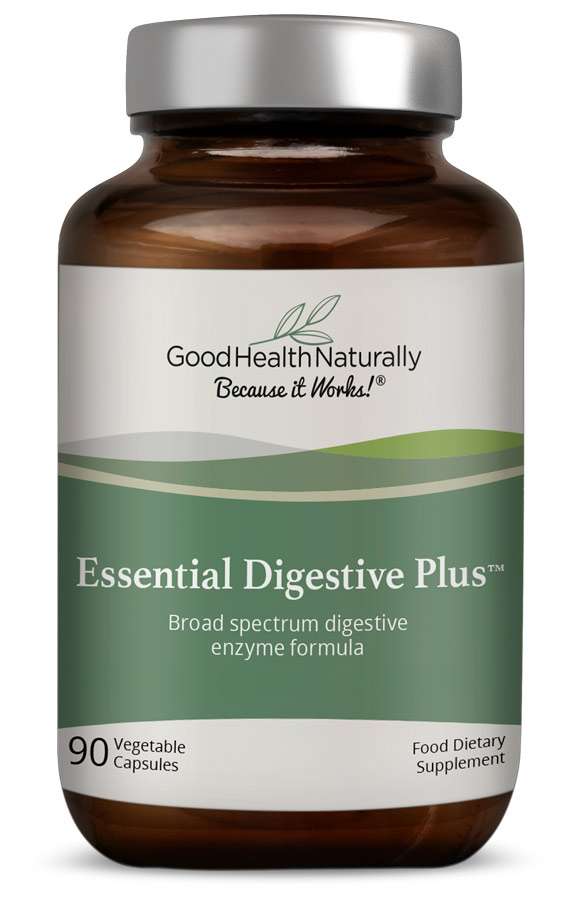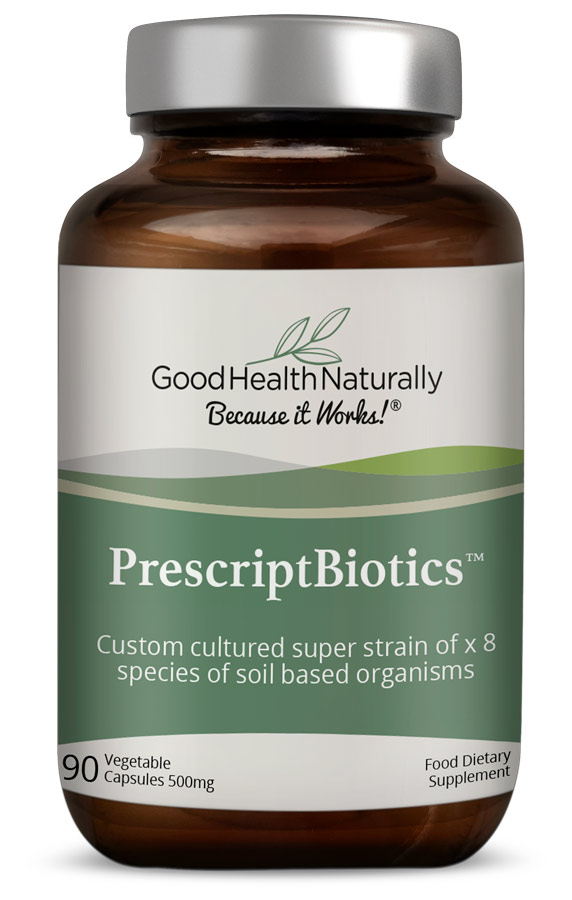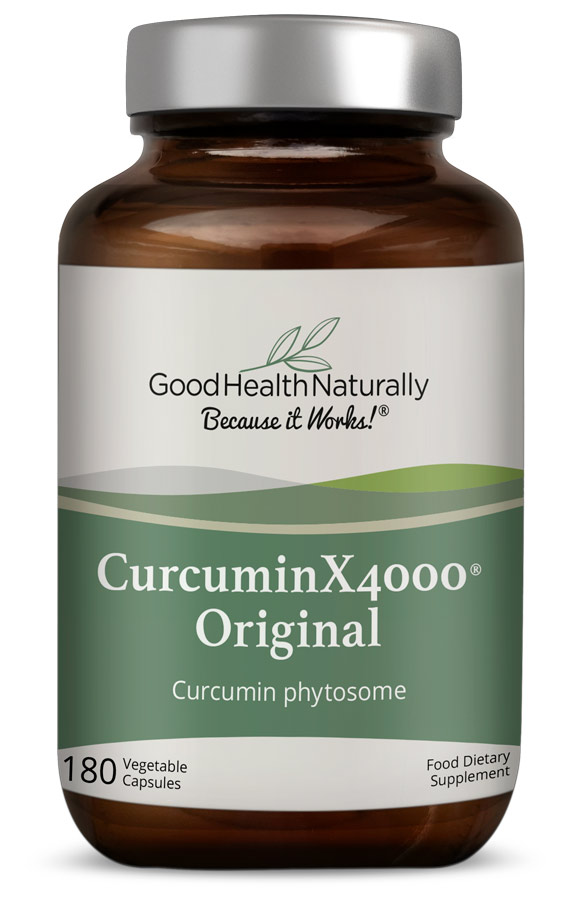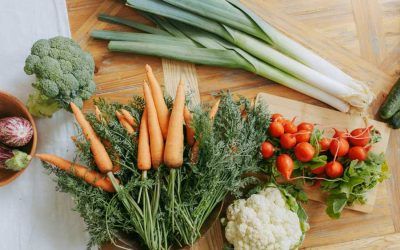Irritable Bowel Syndrome (IBS) is the most common disorder of the digestive system, affecting millions of people around the world. While not a life-threatening condition, it causes symptoms like abdominal pain, cramps, diarrhoea, bloating and excess gas, which can be debilitating and have a detrimental effect on quality of life. It is more common in women than men and usually begins in young adulthood. While conventional treatments do exist, many people are looking for natural remedies for IBS.
Understanding IBS
It is actually a collection of symptoms affecting the digestive system. It’s divided into three categories based on the type of bowel movement experienced: constipation, diarrhoea, or mixed bowel habits. While the exact cause is unknown, it’s been linked to bacterial infections, dysbiosis, food intolerances or sensitivities, oversensitive nerves in the gut and even genetic predisposition. Research also shows strong emotions like stress, anxiety, and depression can trigger chemicals in the brain which affect digestion and contribute to symptoms of IBS like diarrhoea and bloating.
Identify Triggers
Triggers vary from person to person and can include diet, hormonal changes, as well as stress or even certain medications. To see if what you eat may trigger symptoms, keep a food diary to identify anything that could make symptoms worse. Common culprits include red wine, wheat, gluten, cow’s milk, eggs, soy, red peppers, and green onions. Reducing or even eliminating any suspected triggers from the diet can be one of the easiest natural remedies for IBS.
Gluten is often problematic as it can damage the gut mucosal barrier and increase intestinal permeability, known as a leaky gut. The prevalence of gluten sensitivity has increased significantly over the past 50 years. This is partly due to the way wheat is now produced, as a much faster growing ‘hybridised’ crop with “new proteins” not found in the original plants. These ‘new proteins may create widespread inflammation, increased gluten intolerance and coeliac disease.
Foods high in lectins may also cause digestive disruption in some people. These are naturally occurring proteins found in plants, which protect them as they grow but can bind to the gut wall and cause damage. They include beans, peanuts, tomatoes, potatoes, aubergine, wheat and other grains. These foods can also be removed from the diet whilst healing takes place.
A Word About Fibre
While a high-fibre diet can help regulate bowel movements and relieve constipation, it’s essential to increase fibre intake slowly to avoid additional symptoms such as bloating and excess gas. There are two forms of fibre: soluble and insoluble. Soluble fibre is found in foods like oats, apples, pears, avocado and sweet potato. It attracts water and becomes a gel, making stools softer and easier to pass. Insoluble fibre is found in wheat bran, vegetables and whole grains. It adds bulk to the stool, helping it move faster through the intestines.
If you struggle with diarrhoea symptoms, soluble fibre is your best option. It attracts water, removes excess fluid, and may help decrease episodes. People prone to constipation should drink plenty of water. Aim for eight glasses daily, as it encourages waste to pass through the digestive system.
Manage Stress
Often, when we are stressed, our gut feels it, too. Nervous jitters can create butterflies in the stomach, nausea or even diarrhoea. Many people find stress to be a significant trigger for their symptoms of IBS. This is because a connection known as the gut/brain axis is a 2-way communication pathway linking emotional and cognitive parts of the brain with intestinal functions. Prolonged stress puts our bodies into a heightened state, diverting energy away from digestion, which may slow digestion, resulting in constipation or increased transit, causing diarrhoea. This can affect how we absorb nutrients, cause imbalances between good and bad bacteria, or even contribute to gut mucosal barrier problems. One of the best natural remedies for IBS is to find ways to manage stress. Include activities like deep breathing, meditation or yoga, which can help lower stress hormones and improve digestion. Relaxation training and meditation have been shown to improve symptoms in people with IBS.
Replace Missing Nutrients
Research shows that people suffering from IBS can become depleted of certain nutrients, and deficiencies in vitamin B12 and iron are common. Both require enough stomach acid to be present to be absorbed, and low levels of stomach acid have been associated with IBS.
A link has also been found between low vitamin D and IBS, as there seems to be a significant number of IBS sufferers with low vitamin D worldwide. The exact connection isn’t fully understood, but it is known vitamin D helps maintain the intestinal barrier and can help increase the diversity of the microbiome. Studies show deficiencies in zinc are also fairly common with IBS. It’s an essential mineral which helps repair and protect our intestinal barrier.
Support the Gut
Probiotic products are a top choice for people searching for natural remedies for IBS. Studies show people suffering from conditions like IBS, have lower levels of ‘good’ bacteria, and taking probiotics can help address this, reducing symptoms, including pain and bloating and also associated anxiety and depression.
A broad-spectrum digestive enzyme supplement is also recommended. These contain enzymes required to digest all the food groups, helping to break the food down and aiding nutrient absorption.
If there are potential ‘leaky gut’ issues, healing herbs such as slippery elm and marshmallow root are recommended to soothe irritation and inflammation in the digestive tract. L-glutamine can also help improve gut barrier function.
Bone broths are a nourishing form of collagen which helps to strengthen the gut lining. You can make your own by boiling organic animal bones, or it can be bought ready-made or in powdered forms.
Sodium Butyrate
This remarkable little molecule has gained significant attention recently for its potential therapeutic effects on various gastrointestinal disorders. It is a short-chain fatty acid produced when our gut bacteria break down fibre. We also get a small amount in our diet from animal fats and plant oils. It serves as a crucial energy source for the cells lining our gut and may help maintain intestinal barrier function. Additionally, it exhibits anti-inflammatory properties and may favourably modulate gut microbiota composition. All these potential benefits make it a good choice for people looking for natural remedies for IBS.
Golden Spice
Curcumin, which is extracted from the Indian spice turmeric, is well known for its anti-inflammatory and antioxidant actions around the body. It has shown potential as a natural remedy for IBS as it may help calm inflammation in the digestive tract and aid healing. Studies also show it may also help modulate and restore dysbiosis of the gut microbiome.
To Conclude
There are many promising natural remedies for IBS, from addressing stress to dietary modifications, which can help bring relief and improve quality of life. Regular exercise and mind-body exercises like tai chi and yoga have been shown to lower cortisol and help manage IBS symptoms.
Product Recommendations
References
https://www.ncbi.nlm.nih.gov/pmc/articles/PMC5467063/
https://www.bjmp.org/content/irritable-bowel-syndrome-ibs-glance
https://www.niddk.nih.gov/health-information/digestive-diseases/irritable-bowel-syndrome/symptoms-causes
https://www.ncbi.nlm.nih.gov/pmc/articles/PMC5704116/
https://www.ncbi.nlm.nih.gov/pmc/articles/PMC4223878/
https://www.ncbi.nlm.nih.gov/pmc/articles/PMC7231142/
https://www.ncbi.nlm.nih.gov/pmc/articles/PMC4690093/
https://pubmed.ncbi.nlm.nih.gov/28110300/
https://www.ncbi.nlm.nih.gov/pmc/articles/PMC4202342/
https://pubmed.ncbi.nlm.nih.gov/24881644/
https://www.ncbi.nlm.nih.gov/pmc/articles/PMC6390425/
https://pubmed.ncbi.nlm.nih.gov/32782953/
https://pubmed.ncbi.nlm.nih.gov/32782953/
https://www.ncbi.nlm.nih.gov/pmc/articles/PMC2886445/
https://www.hologengreen.com/wp-content/uploads/Studio-Biointol-in-inglese.pdf
https://www.ncbi.nlm.nih.gov/pmc/articles/PMC6210149/
https://link.springer.com/chapter/10.1007/978-3-030-56153-6_18
https://www.ncbi.nlm.nih.gov/pmc/articles/PMC9889201/
https://www.ncbi.nlm.nih.gov/pmc/articles/PMC9577580/


